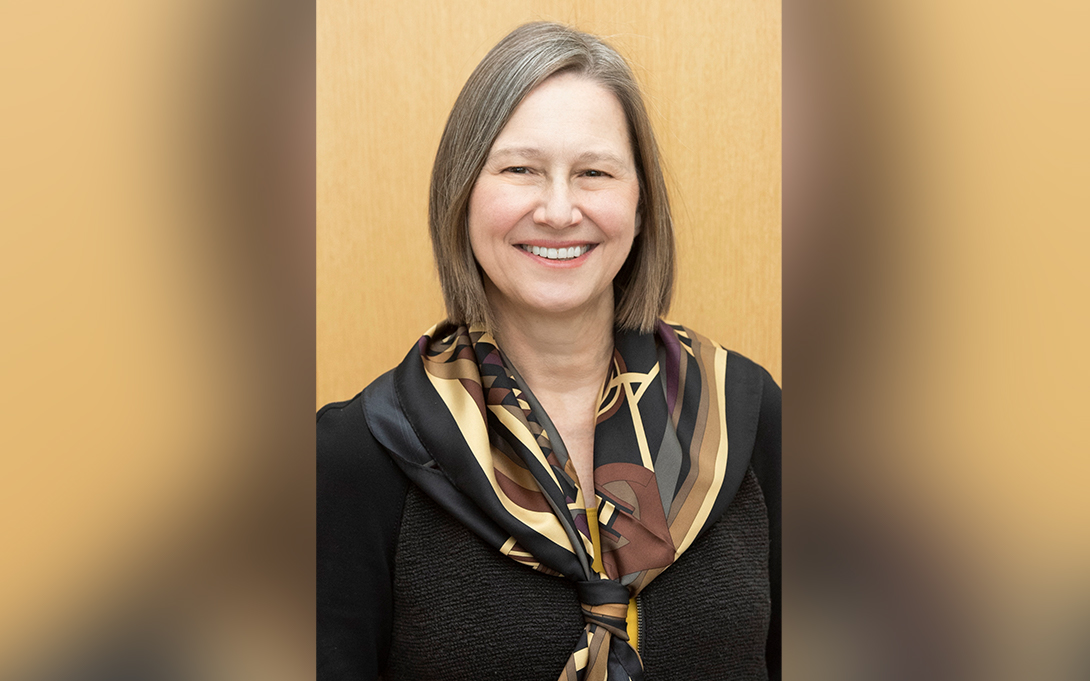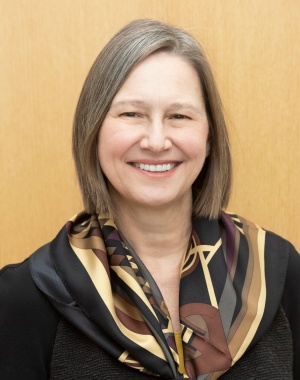
Negotiators from nearly 200 countries have gathered in Dubai, United Arab Emirates, for the two-week COP28 conference in an effort to curb greenhouse gas emissions and avoid the worst ravages of climate change. University of Michigan experts are available to comment.
Jennifer Haverkamp, a veteran of seven United Nations climate summits, is a former ambassador and special representative in the Obama State Department, where she led U.S. negotiating teams to successful climate agreements under the Montreal Protocol and the U.N. International Civil Aviation Agreement. She is the director of the Graham Sustainability Institute and a professor at the Law School and Ford School of Public Policy.
Haverkamp's areas of expertise include U.N. Framework Convention on Climate Change diplomacy and negotiating dynamics, short-lived climate pollutants such as methane and hydrofluorocarbons, and issues at the intersection of climate change and international trade and competitiveness.
"Every COP is significant, but this one even more so. It's the first five-year 'global stocktake,' where we'll see if countries will bridge the gap between their prior commitments and what the U.N. stocktake report says is still needed," she said. "In the face of this record-breaking year of disasters and heat waves, it's a critical test of the Paris Agreement's self-improvement mechanism.
"For COP28, all eyes should be on methane. This potent climate pollutant must be controlled in this decade to have a shot at avoiding some perilous tipping points. What countries and companies pledge to do about methane is far more important than what Sultan Al Jaber was heard saying about the future of fossil fuels. The commitments announced at Monday's Global Methane Pledge Ministerial are an encouraging though insufficient step in the right direction."
This was compiled by Jim Erickson of Michigan News.
